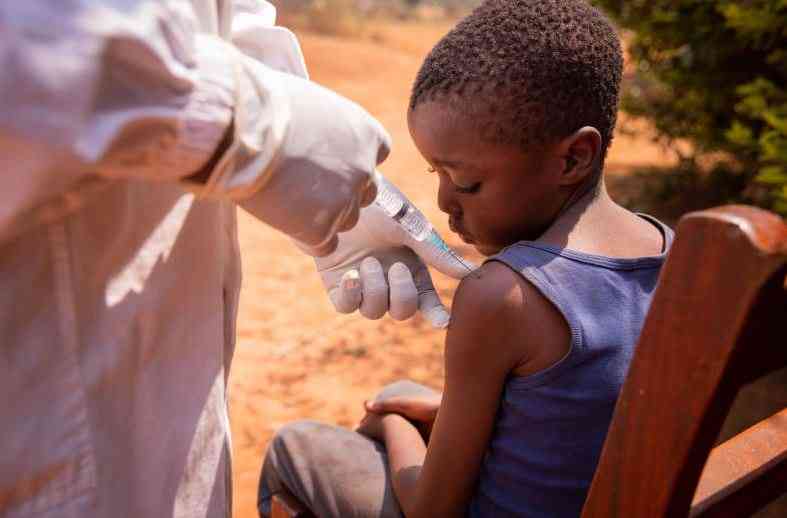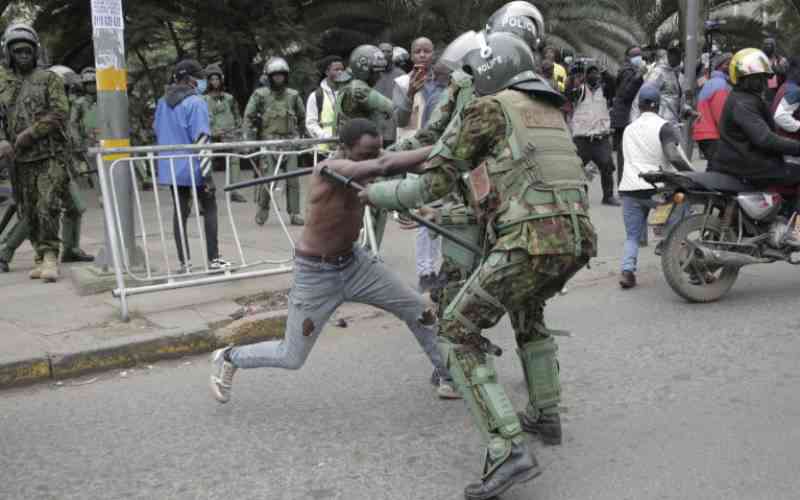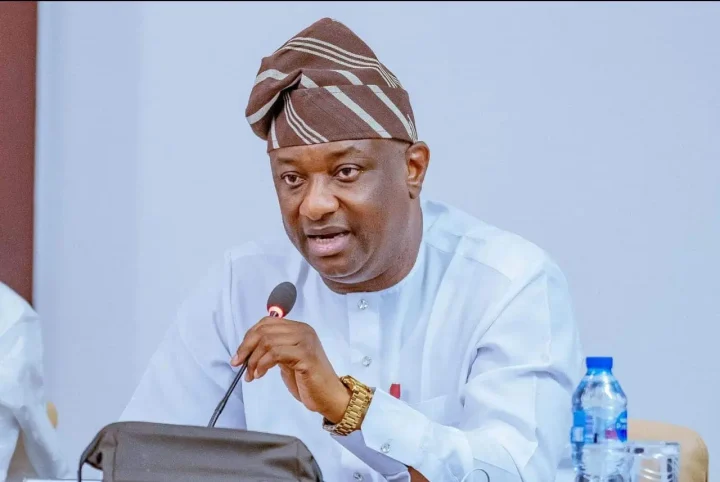South Sudan looks to launch national instant payments system
The Bank of South Sudan (BoSS) is looking to launch a national instant payments system.
The project is being undertaken in collaboration with the AfricaNenda Foundation – an organisation funded by the Bill & Melinda Gates Foundation to help achieve ‘universal African financial access by 2030’ – and is a ‘pivotal milestone in the modernisation of South Sudan’s financial and payment infrastructure, advancing the bank’s commitment to providing enhanced financial services for all citizens,’ BoSS said in its announcement.
The ‘National Instant Payment System’ (NIPS) is designed to enable ‘real-time, secure and cost-effective’ transactions, promoting interoperability between banks, mobile-money providers and other financial institutions, the central bank states.
‘As the backbone of South Sudan’s digital payment ecosystem, NIPS will facilitate a wide range of financial transactions, including person-to-person (P2P), person-to-business (P2B), government-to-person (G2P) and person-to-government (P2G) payments, fostering greater inclusivity and efficiency in the financial sector,’ the central bank explains.
The initiative aligns with efforts to implement other critical infrastructures, such as automated clearing house (ACH) and real-time gross settlement (RTGS) systems, as well as instant funds transfer (IFT), BoSS states.
“The start of the NIPS journey marks a monumental step forward for financial and socio-economic inclusion in South Sudan,” said BoSS governor Johnny Ohisa Damian in the announcement.
Focus areas for the partnership include: developing a detailed roadmap for NIPS implementation, ‘with clear milestones’; building the capacity of BoSS and financial institutions to effectively oversee and manage the system; and ensuring integration and interoperability by collaborating with banks, telecoms companies and other organisations.
A proof-of-concept phase during 2023 demonstrated high demand and feasibility, according to the announcement.
“We are proud to partner with the Bank of South Sudan on this landmark initiative,” said AfricaNenda Foundation chief executive Robert Ochola in his organisation’s own announcement.
“Instant payment systems are transformative tools that redefine access to financial services and promote inclusivity. With the launch of this system, South Sudan is laying the foundation for a more connected and resilient economy that benefits every citizen,” he added.
South Sudan gained independence in 2011 after a referendum in which its people voted overwhelmingly to secede from Sudan. However, in 2013 the nascent state plunged into a devastating five-year civil war.
The country was ranked 192nd out of 193 countries in the United Nations Development Programme (UNDP) Human Development Report 2023/2024. A ‘South Sudan Poverty and Equity Assessment (PEA) Report’, published in December by the World Bank, indicated that poverty is ‘endemic’ and ‘vulnerability almost universal following a decade of economic decline’.
Extreme poverty, defined as those living on less than $2.15 per person per day, affects more than two-thirds of South Sudan’s population of 12.4 million, ‘highlighting the dire situation in the country’, according to the World Bank.
“Weak governance, multiple shocks, lack of economic opportunity, high food prices and conflict have all contributed to increased poverty and vulnerability,” said World Bank Group country manager for South Sudan Charles Undeland in a press release accompanying the report. “South Sudan’s challenges are many, but I also think that there are real opportunities to improve peoples’ livelihoods. Key ways to achieve this goal include better management and utilisation of the country’s resources and fostering a stable, secure environment where citizens can farm, work and invest in order to provide themselves with a better future.”
While peace and security are immediate priorities and foundational conditions, ‘strong investments in basic services and infrastructure will be needed to reduce vulnerability of the population’, the World Bank noted.
AND INSTAGRAM ***
Instant payment systems (IPS) are currently live in 26 African countries, while 27 further nations across the continent are ‘preparing to launch’ their own systems, according to the ‘SIIPS Report 2024’ (‘State of Inclusive Payment Systems in Africa’) – a 116-page analysis published in November by AfricaNenda, alongside the World Bank and United Nations Economic Commission for Africa.
In five years, the volume and value of transactions processed through IPS in Africa have grown by 37 per cent and 39 per cent, respectively, according to the report (which was also published in 2023 and 2022).
‘This growth reflects a broader trend of digital payment adoption, driven by increasing mobile-phone penetration, fintech innovation and regulatory support,’ a AfricaNenda states in a summary of the report. ‘However, while IPS systems are reaching more people, no system has fully achieved mature inclusivity that enables a broad range of digital payment use cases, accessible to all, affordable and centred around transparent consumer recourse mechanisms,’ the summary continues. ‘Women and other vulnerable groups still face barriers in adopting digital payments due to concerns around security, fraud, and network reliability’.
World Bank global director for finance Jean Pesme highlighted the World Bank’s ‘Project FASTT (Frictionless Affordable Safe Timely Transactions)’, which is promoting digital financial services around the world with the support of the Bill & Melinda Gates Foundation. But he urged that although the SIIPS 2024 report showed countries “have made remarkable progress” on fast payment systems, “more needs to be done through new use cases, the promotion of fintech and the involvement of the private sector.”
“AfricaNenda and its partners are calling for a collective push to expand IPS and deliver solutions that cater to every citizen, particularly those in rural and underserved areas,” Ochola said. “The goal is to ensure universal financial inclusion by 2030, a vision that could be realised if the 27 planned IPS initiatives are successfully implemented.”











